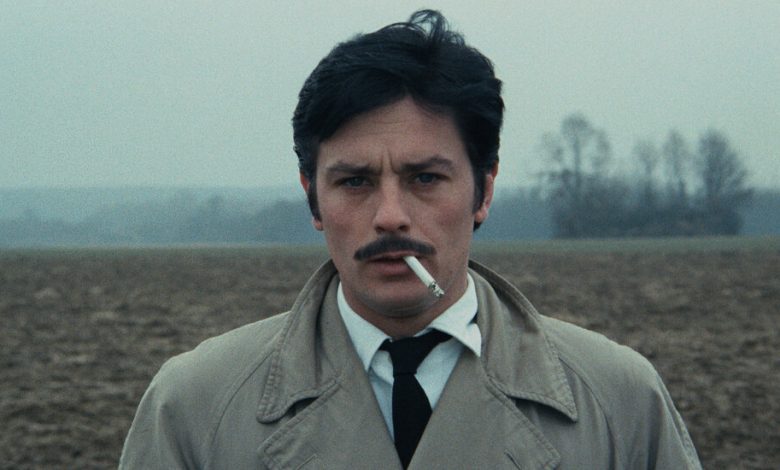Alain Delon at His Very Best: Ravishing, Yes, but Also Destabilizing

When Luchino Visconti first saw Alain Delon, he is said to have cried out, “It’s him!” Visconti had found his Rocco, the tragic, tender soul of his next film, the 1960 family drama “Rocco and His Brothers.” One of the founders of Italian neorealism, Visconti apparently didn’t bother introducing himself to the young French actor. Perhaps he was tending to the tears that I like to think fell from his eyes when he saw his future star. I like to think that’s how everyone reacts when they initially see Delon, whose beauty has long inspired paroxysms of rapture.
This is, after all, a star whose looks over the years have been described as sensual though also insolent, cruel, self-absorbed and androgynous, a word that helps explain why his beauty — as with that of other men whose looks threaten tidy gender norms — makes some viewers uneasy even as it sends others into ecstasy. (“My mother had to put a sign on my pram,” Delon once said, ‘You can look, but you can’t touch!’”) You may want to break out your thesaurus to find your own mot justeto describe Delon, now 88: A selective series that includes “Rocco” and 10 of his other films (he’s made scores more), opens Friday in New York at Film Forum.
Born in 1935, Delon had a rough early life by all accounts. After his parents divorced when he was young, he was placed with a foster family and later sent to boarding school. By 17, he was in the military and France’s war in Indochina. A providential trip to Cannes with some friends in 1957 soon found him in the sights of a talent scout working for the Hollywood producer David O. Selznick, who wanted to sign the actor to a contract but also work on his English. Delon instead stayed in France, kick-starting a prolific career that rapidly gathered momentum. By the end of the 1950s, he had become known as the French James Dean.
You understand why when you dip into the series, which includes some of Delon’s most famous films and a few oddities, all culled from the 1960s and ’70s, when he became a huge star at home and then an international sensation. His breakout came when he played the sly, sinister Tom Ripley in “Purple Noon” (1960), a French thriller adapted from Patricia Highsmith’s novel “The Talented Mr. Ripley” and directed by Réne Clément. Much of the film’s appeal rests with Delon, a hypnotic, destabilizing presence whose stardom was sealed the moment Ripley peels off his shirt, baring his chest. He repeats this bit of striptease after committing his first murder, a distillation of Delon’s startling violent eroticism.
